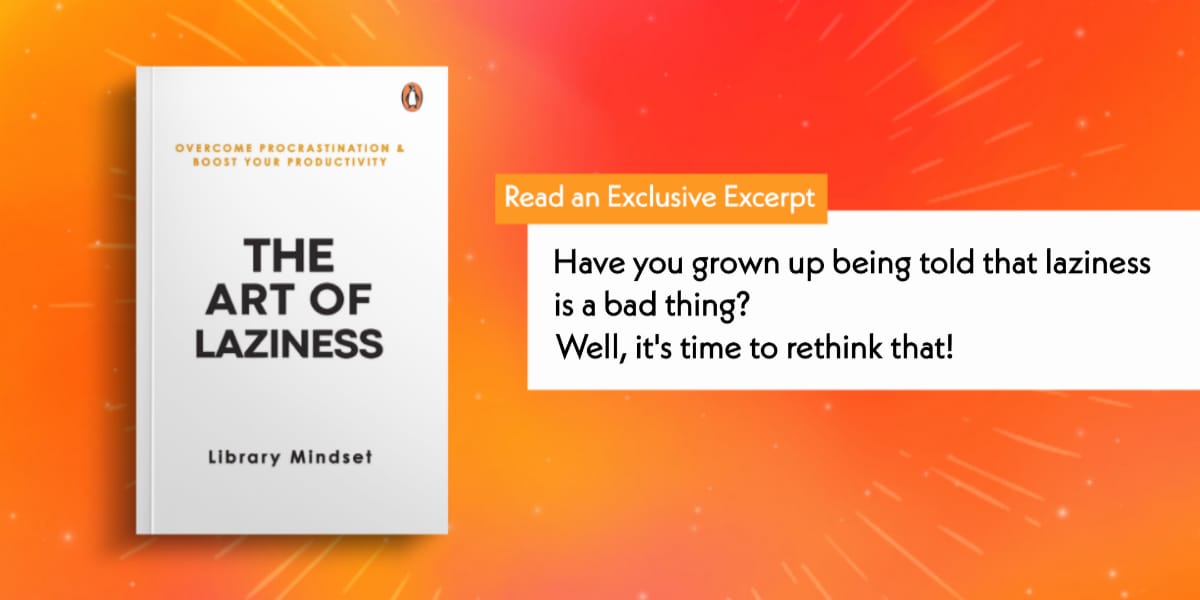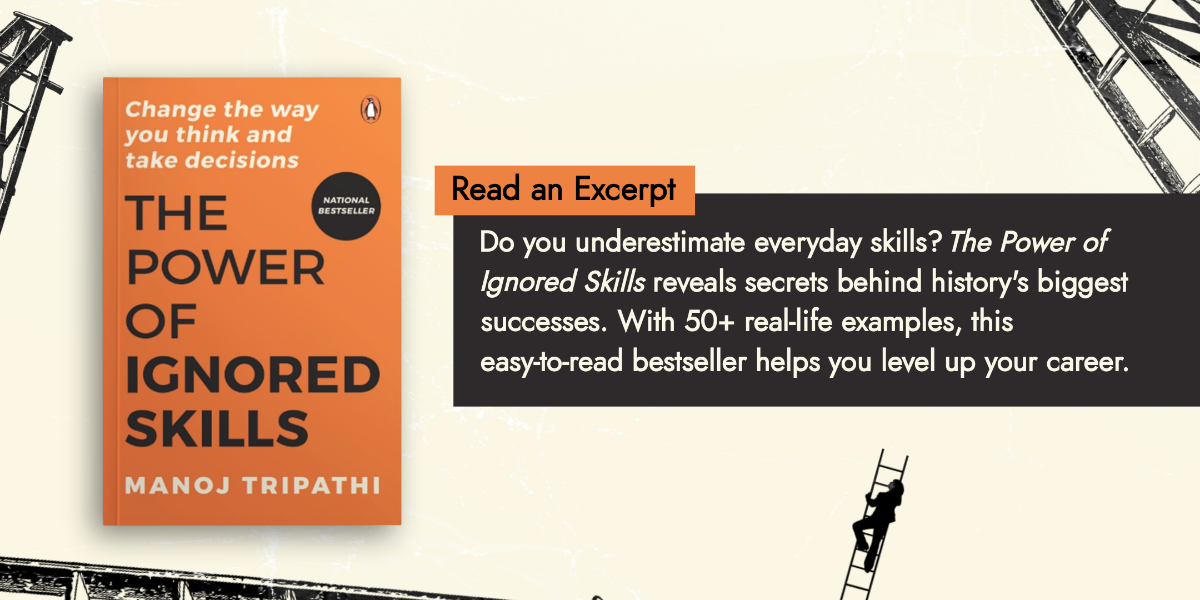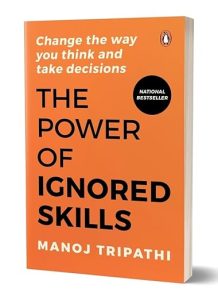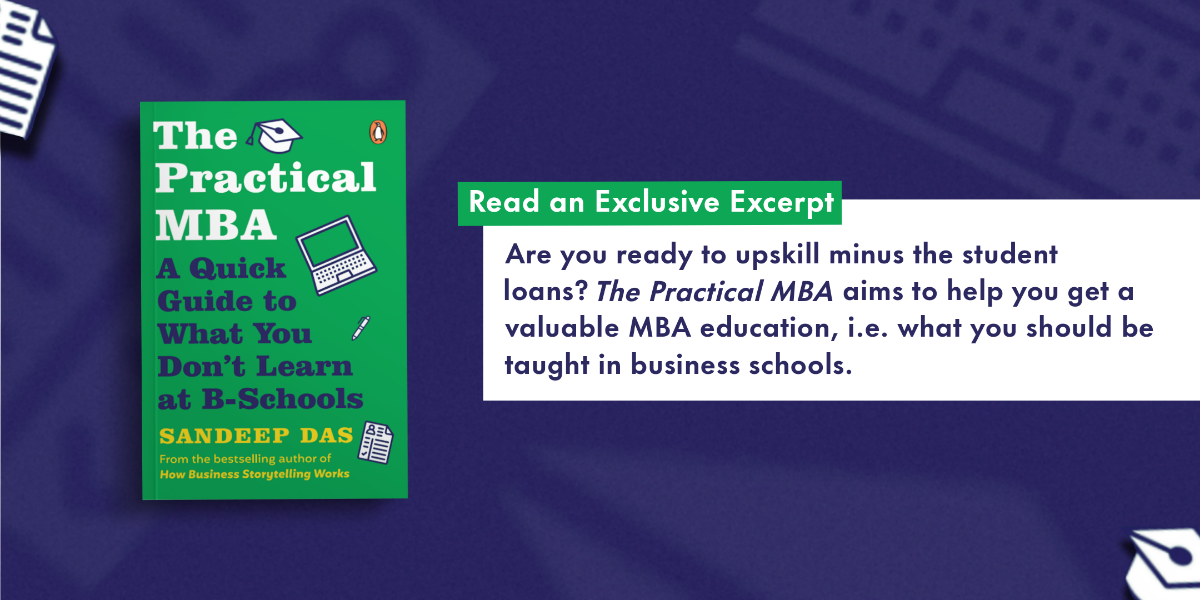Feeling overwhelmed by endless to-do lists and the pressure to be constantly productive? It’s time to rethink our relationship with laziness. In The Art of Laziness, Library Mindset reveals that true productivity isn’t about clocking extra hours; it’s about working smarter and prioritizing what truly matters.
Read this excerpt to discover how to transform your productivity and enjoy more of what life has to offer.
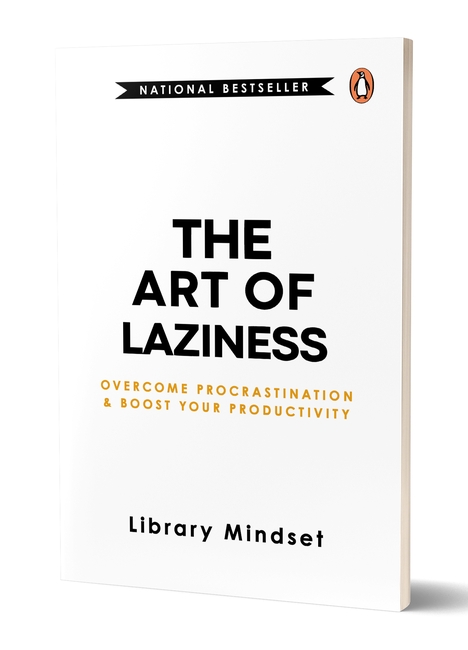
***
“20 years from now, the only people who will remember you worked late are your kids.”
— Sahil Bloom
The goal of becoming more productive is not to work more but the opposite. The goal is to get your work done in less time so that you can spend more time with your friends and family. If you work too many hours, then both your creativity and productivity suffer. It’s not worth spending 12 hours every day in the office and neglecting all other aspects of your life. Sometimes, it might be necessary, but not all the time.
We should measure productivity by how much work we get done, not by how much time we spend. Unfortunately, many people spend more time in the office than they need to in order to satisfy their egos.
If you’re working a lot and still aren’t achieving your goals, there is a high chance that you’re avoiding the important things that need to be done instead of doing things that aren’t that important. The less important things are distracting you from doing the actual important things. This is a form of procrastination and by neglecting the essential things, you won’t get the results you want.
I have seen people who do this deliberately. The essential things are hard to do, so instead of doing the hard work, they begin with the easy things that make them appear busy.
Less is More
If you work a lot and are still not able to achieve your goals, there could be two reasons:
1) You may not be working as hard as you think. You may be procrastinating most of the time and not being productive.
2) You may be working on the wrong things. You could be working on less important things, things that don’t matter that much. You could be spending most of your time on trivial tasks and don’t do the more challenging and essential things.
Everything you do has some value to be gained by doing it. Having said that, some tasks have more value than others in your life. That’s why it’s so important not to get distracted by less important tasks and, instead, dedicate as much time as possible to the things that matter.
Be Productive, Not Busy
“If the ladder is not leaning against the right wall, every step we take just gets us to the wrong place faster.”
— Stephen Covey
on things that move you toward your goals. There is no use in climbing a ladder and then, halfway up, you look around and realize that you’re climbing the wrong ladder. Work on your own dreams, not the dreams of others.
Be productive, not busy. There is no reward for being busy all the time just for the sake of being busy. Instead. Pour your energy into being productive and work on things that move you toward your goals, not away from them.
***
Get your copy of The Art of Laziness by Library Mindset on Amazon or wherever books are sold.







